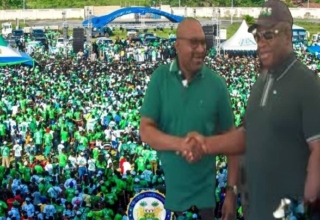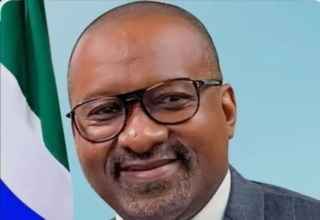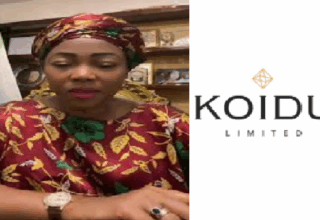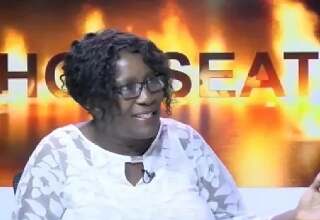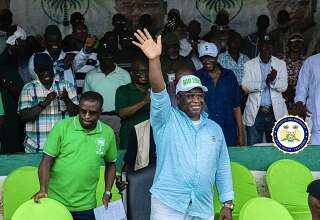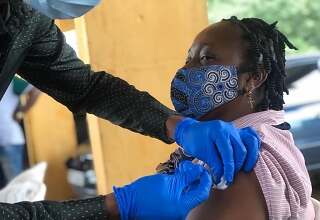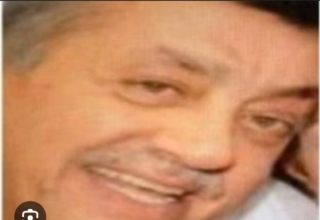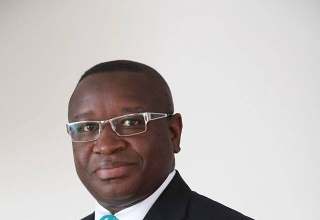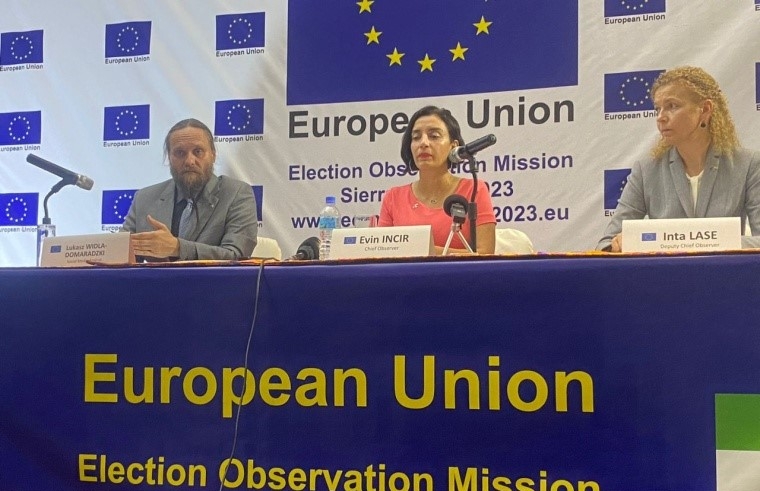
𝐁𝐲 𝐏𝐚𝐮𝐥 𝐁𝐚𝐱𝐭𝐞𝐫, 𝐄𝐥𝐞𝐜𝐭𝐢𝐨𝐧𝐬 𝐄𝐱𝐩𝐞𝐫𝐭.
I have just glanced through the final observation report that the European Union has issued, and indeed it makes an interesting reading. Here are my quick highlights:
- The June 2023 multi-tier elections were generally calm and peaceful. This lends credence to Sierra Leone as 3rd most peaceful country in Africa and 47th in the world.
- The report also recognizes that Sierra Leone has passed progressive laws promoting greater citizens’ inclusion in politics and female electoral participation. Indeed, a lot more has to be done to integrate our women in political life. The report observes that SLPP had one woman heading its parliamentary list (in Kambia), whilst all APC lists were headed by a man.
- Fundamental human rights were largely respected, particularly freedoms of assembly, movement and expression. It is very obvious, from the report, that we all owe a duty to protect civil spaces (government, opposition, and citizens).
- The Electoral Commission was largely prepared but failed in proactive public communication on the challenges it was faced with. As a result, it landed itself in a ‘crisis of confidence’ not merely because it was engaged in electoral improprieties, but because it failed to communicate effectively. This seeming silence left room for speculations, which both the opposition and EU observers exploited.
- The counting of the results was largely transparent, and political party agents and citizens were present in all polling stations. The report seems to indict ECSL for not succumbing to APC’s request to publish disaggregated polling station results. I will come back to this later.
- The EU observers would also want a clear dichotomy between campaigning and governance, and recommend that government officials desist from utilizing state apparatus for campaign purposes
- WhatsApp groups became the main forum for spreading disinformation and confusing voters.
- Adebayo has been named the most destructive element, and his messages construed as damaging to national peace and cohesion.
- There should be speedy consideration of election petitions and alleged criminal offenses.
- Detailed protocols to be established for tabulation and announcement of results.
- The report does not seem to allocate attention to smaller parties and focused on the two main political parties. Invariably, the EU is contributing to the political dominance theory in countries where smaller parties must be brought along to ensure their continued participation in governance.
So, what does this 83-page report really mean?
First, it does not seem to raise any new substantive issues. Most of what the report contains had already been indicated by the EU mission in their preliminary report.
Secondly, the report has lent credence to President Bio’s announcement of a National Electoral Review Committee. Only a review process will try and address legal and institutional bottlenecks and resolve the several technical questions posed in the report.
Thirdly, APC’s failure or refusal to challenge the election result in court will always contribute to uncertainties in electoral processes. Had they gone to court, clarity would have been made to the key questions and complaints they have. In Nigeria, Peter Obi and Atiku Abubakarr went to court even though they might not have trusted the process. They were convinced that the Independent National Electoral Commission (INEC) was obliged to electronically transmit election results. Eventually, the court ruled that the Electoral Commission was under no obligation to transmit election results electronically.
Fourthly, the EU has missed a wonderful opportunity to project itself as a credible agency to partner with the government for meaningful electoral reforms. The report is largely accusatory (and manifestly biased), and even when there was a reasonable expectation that positive strides be commended, one would almost immediately sense a conspiratorial and desperate attempt to create the impression that Sierra Leone cannot organize its own elections.
In this vein, the EU has certainly misused its foreign policy tool to genuinely support African democracies to grow. Inevitably, African democracies seem to have become wary of the EU and their policy flip-flops. EU is accruing to itself a trust deficit, and this is not good for an institution that has been in elections observation since 2000. EU blatantly failed to hold the balance in its report, and this has fuelled suspicions that it may have been frustrated by the foiling of a regime-change agenda.
Why does the EU always push African governments to be subservient to civil society and opposition tantrums just because they themselves support those dissident voices to promote their foreign interests?
I have always had the greatest respect for the EU and the West, but it is becoming increasingly clear that they are rapidly weaponizing oppositions and civil society against African stability and progress. I am not impressed at all; the EU should have done a far better job.
I am neither supporting SLPP nor APC, but I recognize that the Julius Maada Bio government has progressively implemented about 66% of the EU elections observation mission reports. The government’s account for the remaining 34% as a backlog is on account of the entrenched clauses in the 1991 constitution (you have to first amend the constitution by referendum before you can do those remaining reforms). The report has not made that key acknowledgment at all and is quite disingenuous.
Now that Sierra Leoneans are looking forward to dialogue between the government and the APC (and Dr Samura Kamara has stated his party’s readiness), the EU should give peace a chance and fully support the Electoral Reform initiative as a sustainable path.

